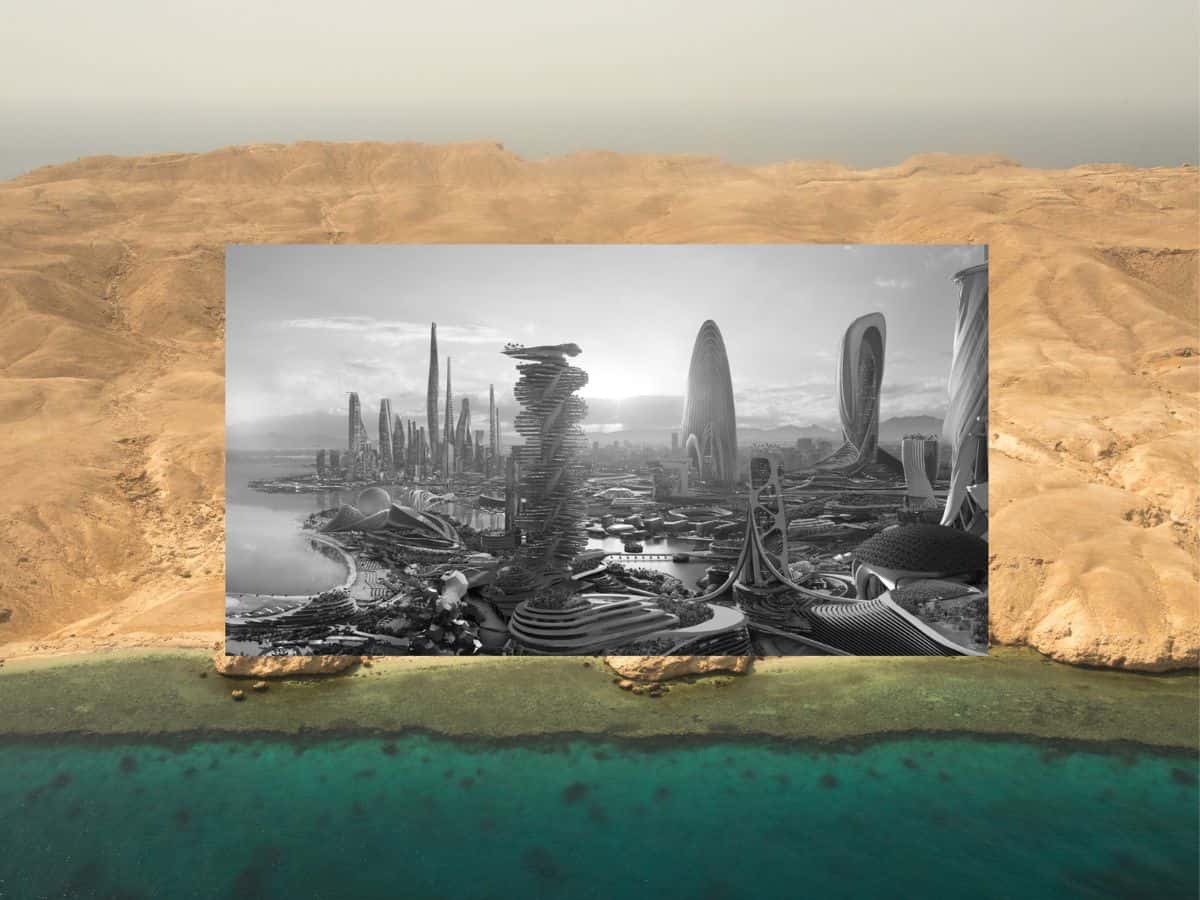
Saudi Arabia has hired a Dutch greenhouse company, Van Der Hoeven, to create a ‘historic synthetic climate’ to grow crops in its hot temperature desert land, Bloomberg reported.
The kingdom is all set to change the fate of Saudi Arabia by building a horticulture oasis on the outskirts of its futuristic NEOM City, the world’s first one-line city project which is currently under construction.
Dutch greenhouse company will receive 120 million USD from the Saudi government to design and construct two test facilities on the NEOM outskirts.
As Saudi Arabia relies only on food imports due to its arid land and extreme summer temperatures, it is now coming up with a horticulture oasis in an area that will be constructed on land as big as 15 soccer fields. It is the biggest food-tech investment for the kingdom.
In an interview, Van Der Hoeven’s chief executive officer, Michiel Schoenmaeckers, said, “We are building a synthetic climate where outdoor growing is difficult,” Khaleej Times reported.
According to Neom’s official website, the city aims to “redefine the ways to produce, distribute and consume food”.
What is Neom City project?
The name NEOM is a combination of the Greek word Neo (new) and M, first letter of the Arabic word Mustakbal (future).
It is Saudi Arabia’s USD 500 billion futuristic city, which will be powered entirely by clean energy, will be free of cars, and will have no streets. The works are progressing according to schedule.
Saudi crown prince Mohammad Bin Salman said NEOM would operate independently from the “existing governmental framework” and will have its own tax and labor laws and an “autonomous judicial system.”
One of NEOM’s most ambitious plans – in a country that currently imports about 80 percent of its food – is to become “the world’s most self-sufficient city” by utilising innovative vertical farming and greenhouses.
By 2026, NEOM is expected to house nearly 450,000 people. The number will grow to 2 million by 2030. Eventually, it is expected to accommodate nine million people.
